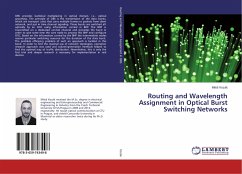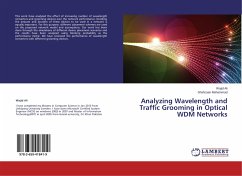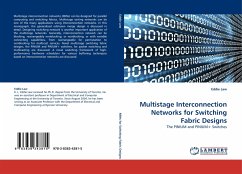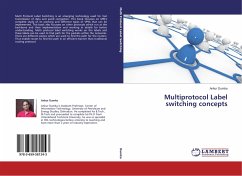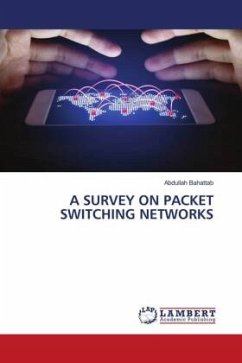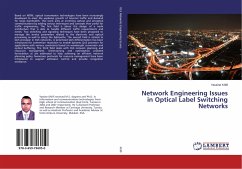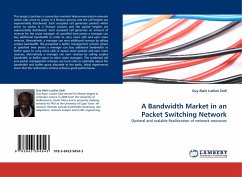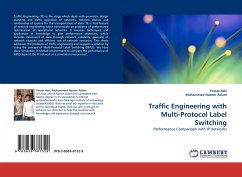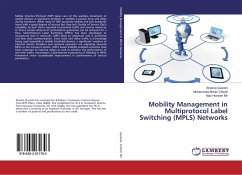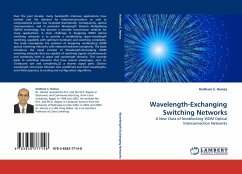
Wavelength-Exchanging Switching Networks
A New Class of Nonblocking WDM Optical Interconnection Networks
Versandkostenfrei!
Versandfertig in 6-10 Tagen
39,99 €
inkl. MwSt.

PAYBACK Punkte
20 °P sammeln!
Over the past decade, many bandwidth intensive applications have evolved and the demand for telecommunications as well as computational power has increased dramatically. Consequently, optical communication, and in particular Wavelength Division Multiplexing (WDM) technology, has become a versatile transmission medium for many applications. A main challenge in designing WDM optical switching networks is to provide a nonblocking space-wavelength switching capability with optimum hardware and switching complexity. This book investigates the problem of designing nonblocking WDM optical switching n...
Over the past decade, many bandwidth intensive applications have evolved and the demand for telecommunications as well as computational power has increased dramatically. Consequently, optical communication, and in particular Wavelength Division Multiplexing (WDM) technology, has become a versatile transmission medium for many applications. A main challenge in designing WDM optical switching networks is to provide a nonblocking space-wavelength switching capability with optimum hardware and switching complexity. This book investigates the problem of designing nonblocking WDM optical switching networks with reduced hardware complexity. The book introduces the novel concept of Wavelength-Exchanging WDM switching networks that are capable of switching signals simultaneously and seamlessly both in space and wavelength domains. This concept leads to switching networks that have several advantages, such as: (1)reduced size and complexity,(2) a shorter signal path, (3)strict wavelength conversion between two predefined and fixed wavelengths, and (4)transparency to routing and configuration algorithms.



